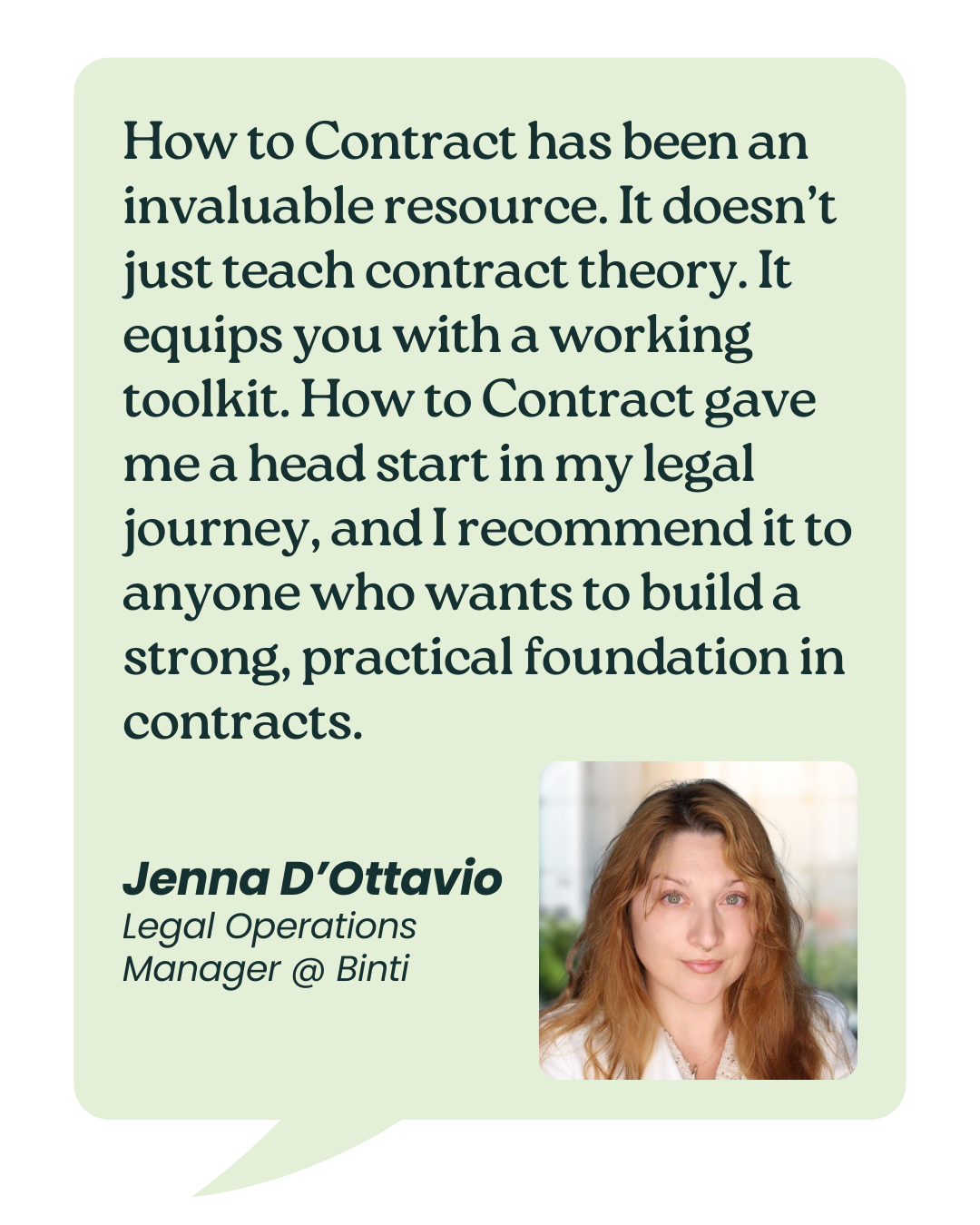
No Waiver Provisions
What Are No Waiver Provisions in Contracts?
The no waiver provision says that the parties may only waive their rights in a signed writing.
U.S. courts often ignore no waiver provisions and allow oral waivers anyway. The law on these provisions is much like the law on their cousins, the no oral amendment provisions. That said, courts are much more likely to enforce no waiver provisions if the contract is to buy goods and governed by the Uniform Commercial Code.
You may be thinking, “If it won't be enforced, why am I bothering to include it?”
The reason is that it MAY be enforced. The parties usually want to do whatever they can make that happen. We make enforcement more likely when we include these four key concepts:
Key Elements for Enforceable No Waiver Provisions
- What type of actions are covered? Make sure to include failure and delay.
- To what do those actions relate? I use “rights, remedies, and authority under the agreement and the law” to capture the world of things that are not waived.
- What exceptions apply? These exceptions are like the no oral amendment provisions. We include in writing, signed by authorized representatives, and calls itself a waiver.
- For how long does the waiver? Be clear that waivers are one-time only.
How to Contract's membership is designed to help you build real-world expertise with commercial contracts. Get access to our comprehensive system of live and on-demand courses, weekly lessons, detailed playbooks, and more. Join today!







